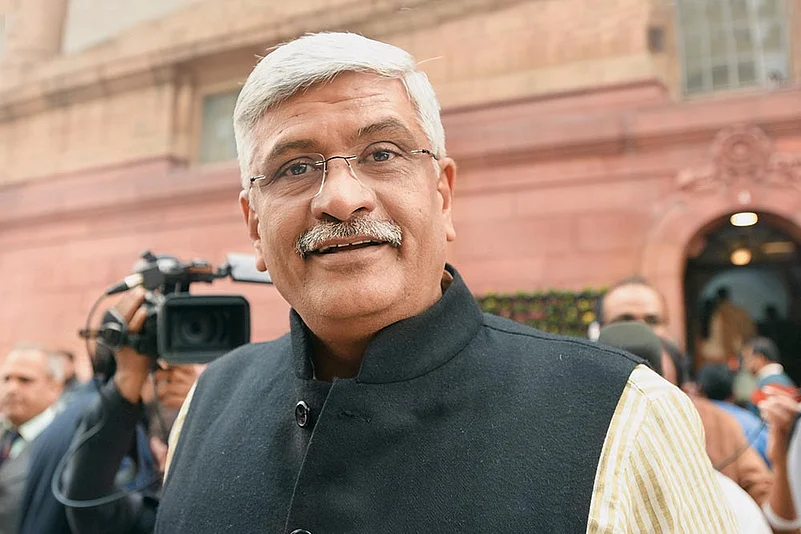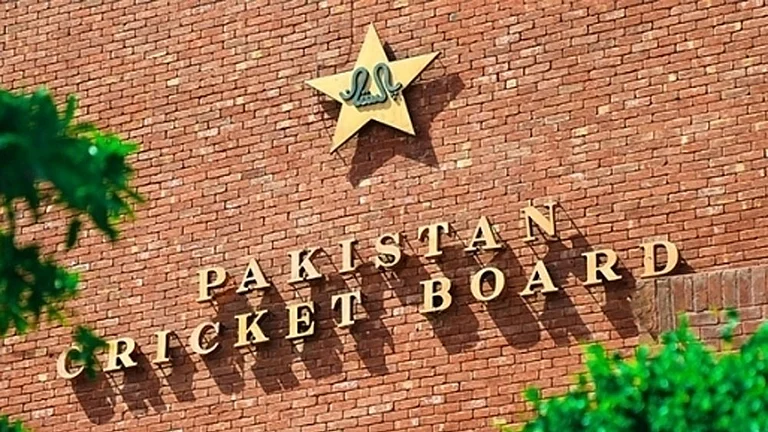Behavioural change, proper metering and river-linking are the solutions in India, where 240 districts are water-stressed, and there is 55 per cent dependency on groundwater for agriculture and drinking water, says Union water resources minister Gajendra Singh Shekhawat. Excerpts from an interview with Lola Nayar:
How serious is water crisis in India?
The situation is challenging, but we can get over it. This is the time of the last call of the alarm as climate change is knocking at our door. Over the past 15 years, we have witnessed a decline in monsoons in several areas. We have also got unpredictable rainfall. Monsoon duration has reduced. Still, the total precipitation hasn’t reduced much. We get rainfall of around 4,000 BCM, of which 3,000 BCM is harvested. We have to enhance harvesting capacities. Around 240 districts are water-stressed. More districts can be added to this as change in rainfall pattern and water contamination has led to problems. Around 1,500 out of over 6,000 blocks are water-stressed.
What measures are required for water saving, harvesting and recycling?
We need to bring about behavioural change. We will come up with a programme to educate people. A major component of our proposed Jal Shakti Abhiyaan is Jal Jagran (water awareness).
Will metering water supply for both urban and rural areas, and a water tax promote judicious use?
Yes, exactly. There are many countries that receive less rainfall compared to India, but have achieved self-sufficiency as they give priority to water security. Israel is an example. There are four parameters—harvesting, conservation, judicious use and recycling. The last thing is afforestation as it increases the water-holding capacity of the land. Water metering can be a good solution as free water and free power for agriculture makes people careless about how much water is being extracted, used or wasted. Since we have over 55 per cent dependency on groundwater for agriculture and drinking purposes, we are unable to see the groundwater availability, water position and depletion in the groundwater level.
Is interlinking rivers a solution for better water management among the states?
Yes, because almost one-third of the nation faces flood-like situation every year, while other parts face drought-like situation. But the states need to come on board.
How is the government planning to tackle cross-border water problems leading to floods in Bihar and Assam?
We are in talks with Nepal about setting up barrages and dams there. Some of the clearances are awaited. Secretary-level talks have happened in the last quarter, and I have just received the file for holding ministerial-level talks.
What is the status of the dam safety legislation? Will it make the states more accountable?
It is likely to be tabled in Parliament during this session. We will request the stakeholders to come together because it is a legislation that makes states more responsible and accountable simultaneously. It is expected to bring more transparency in the maintenance, operation and safety of dams.


























